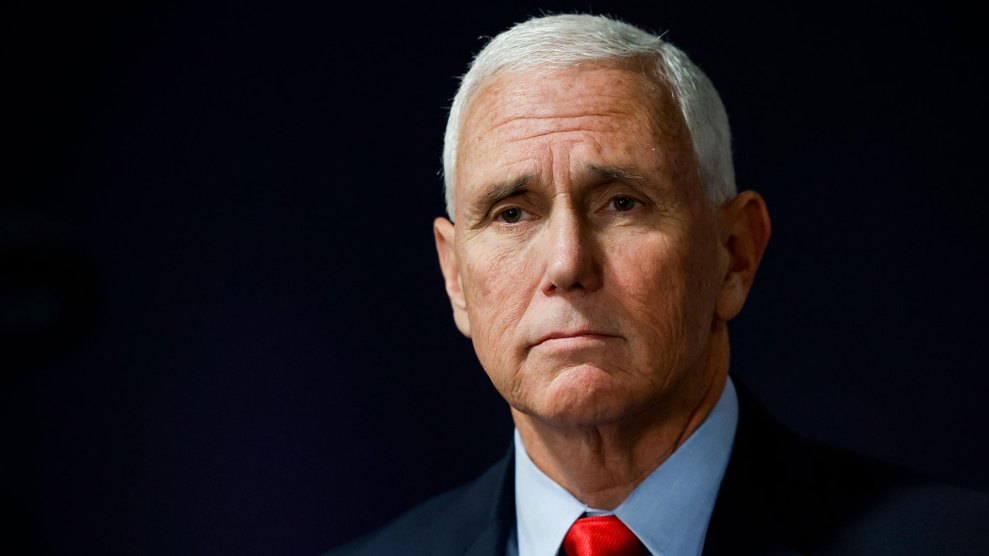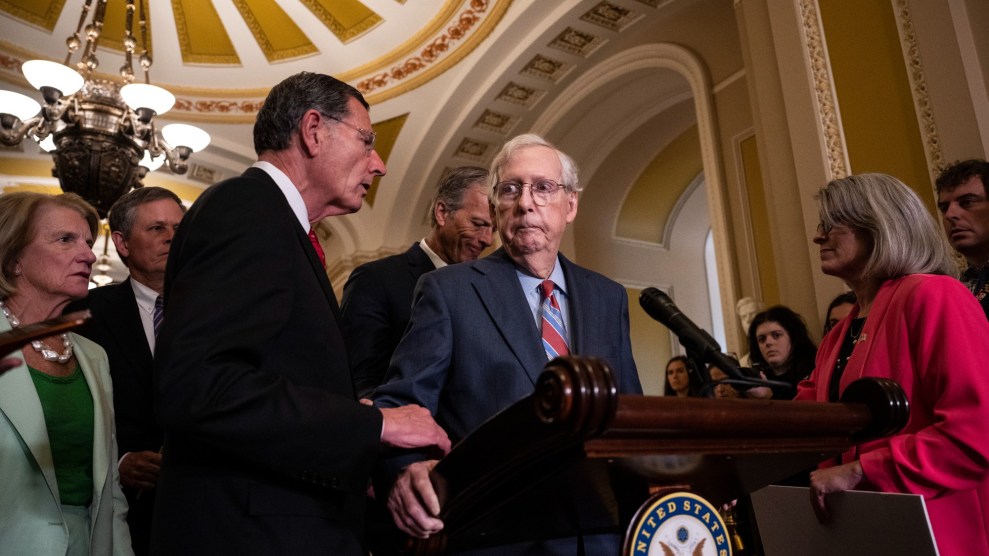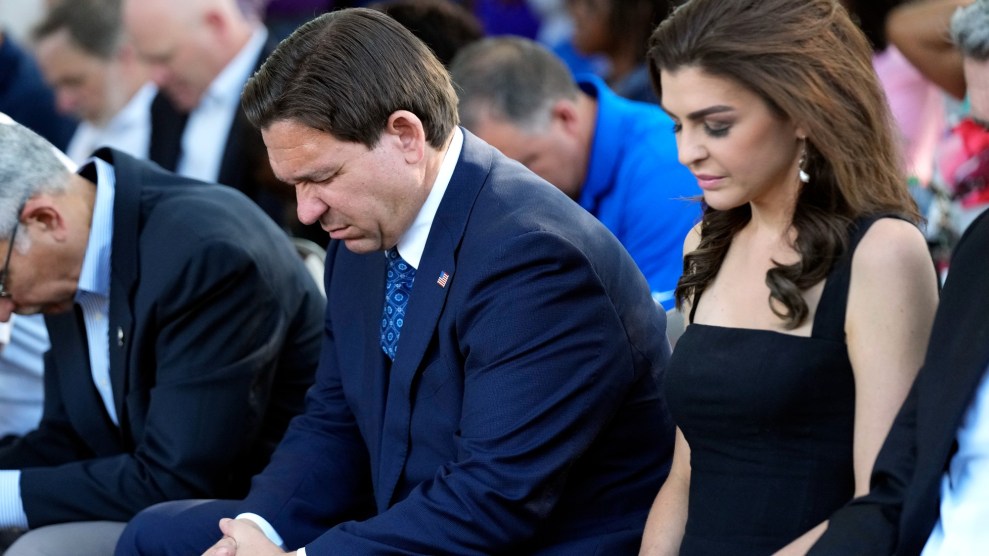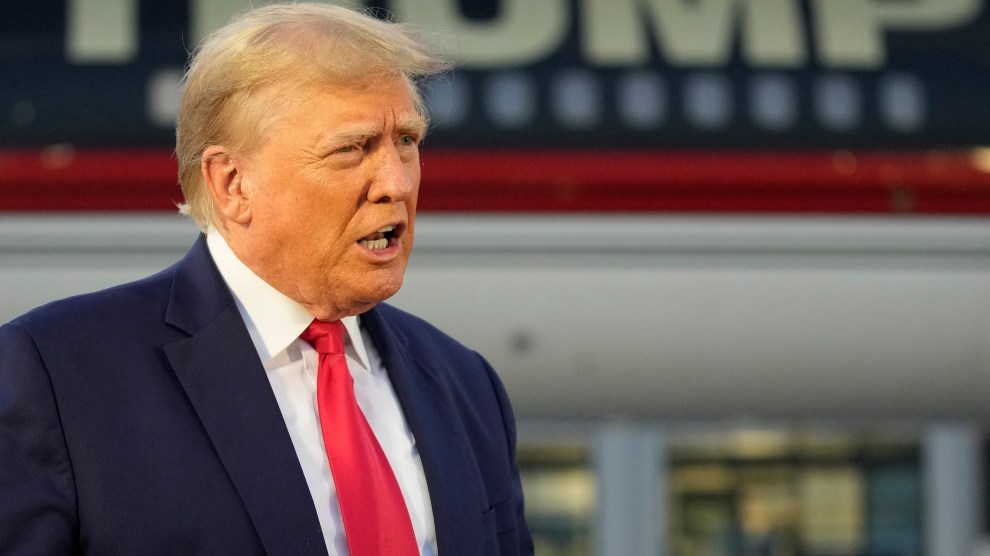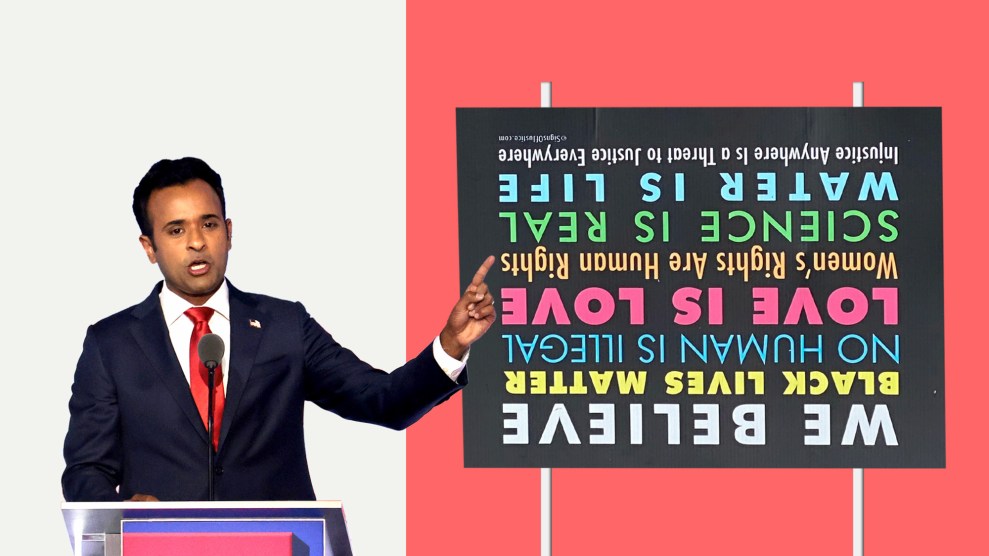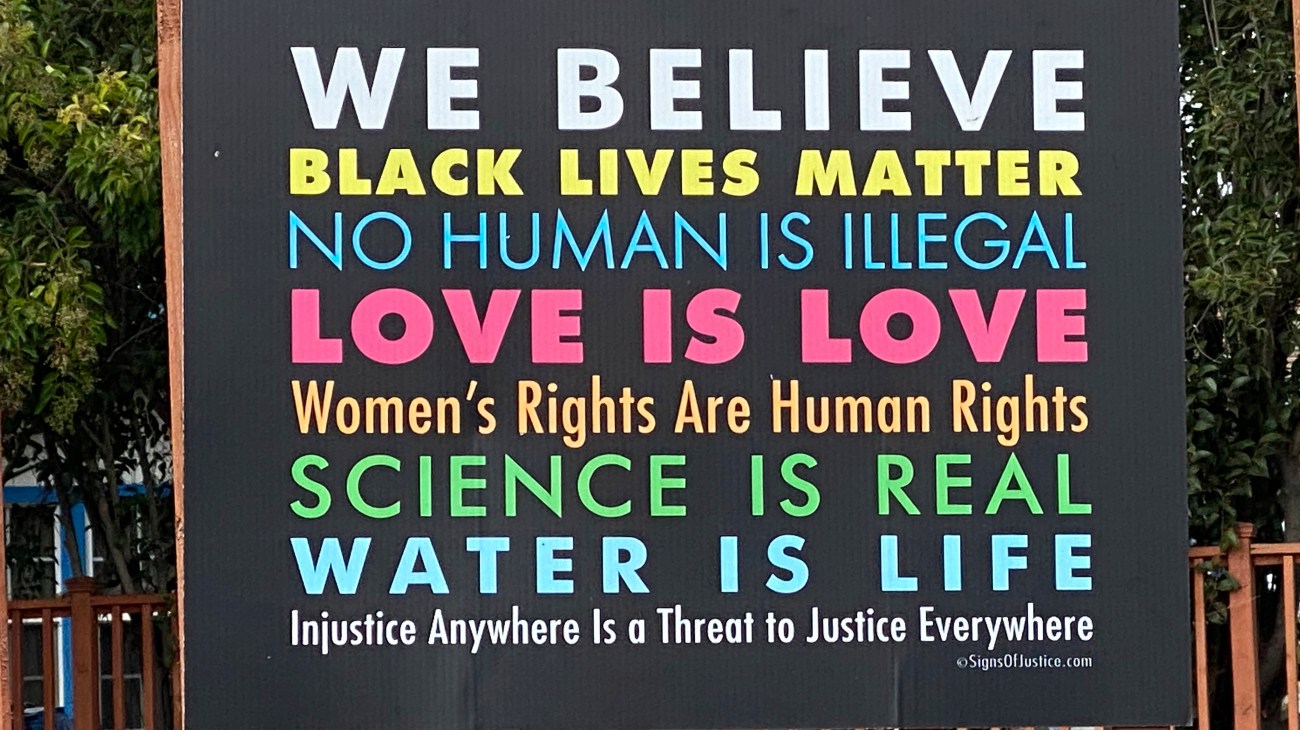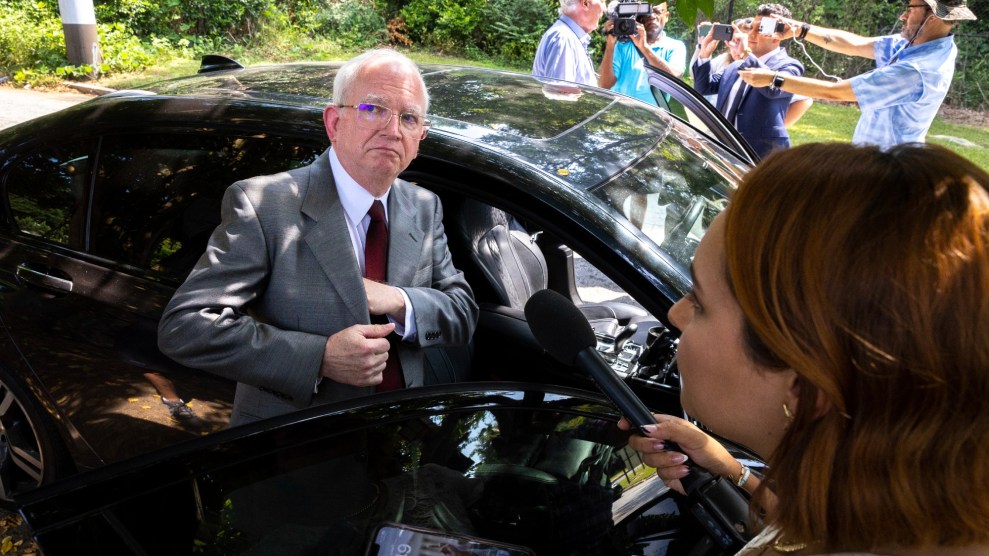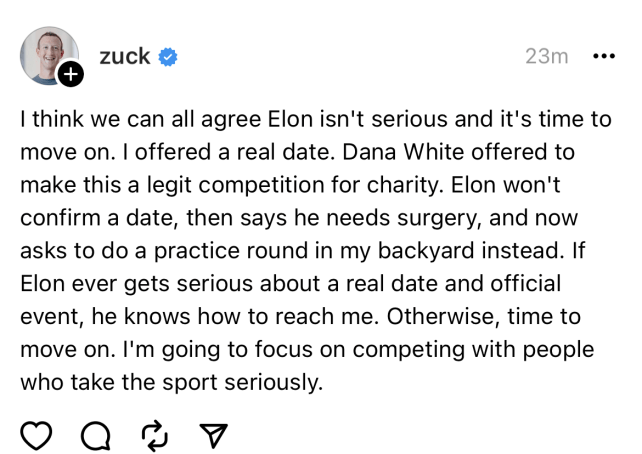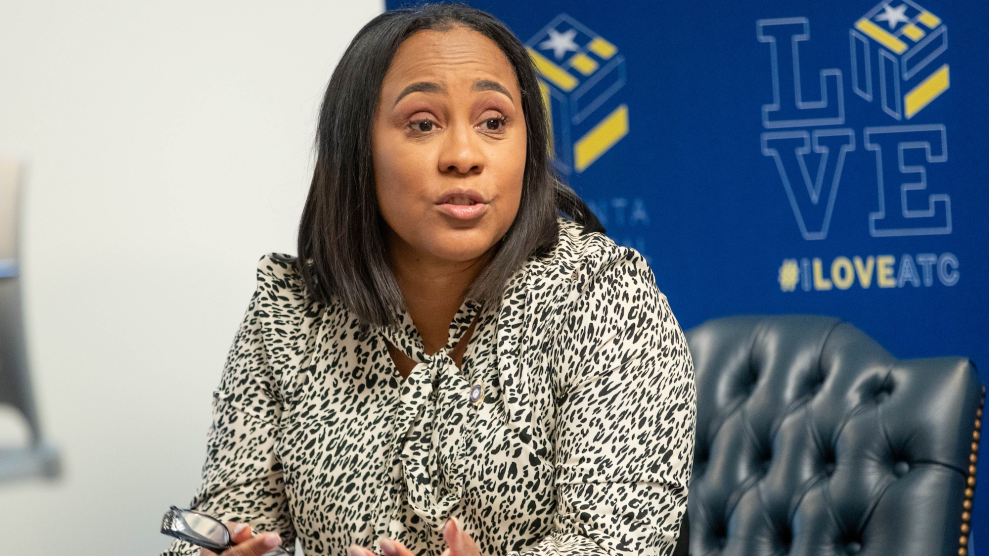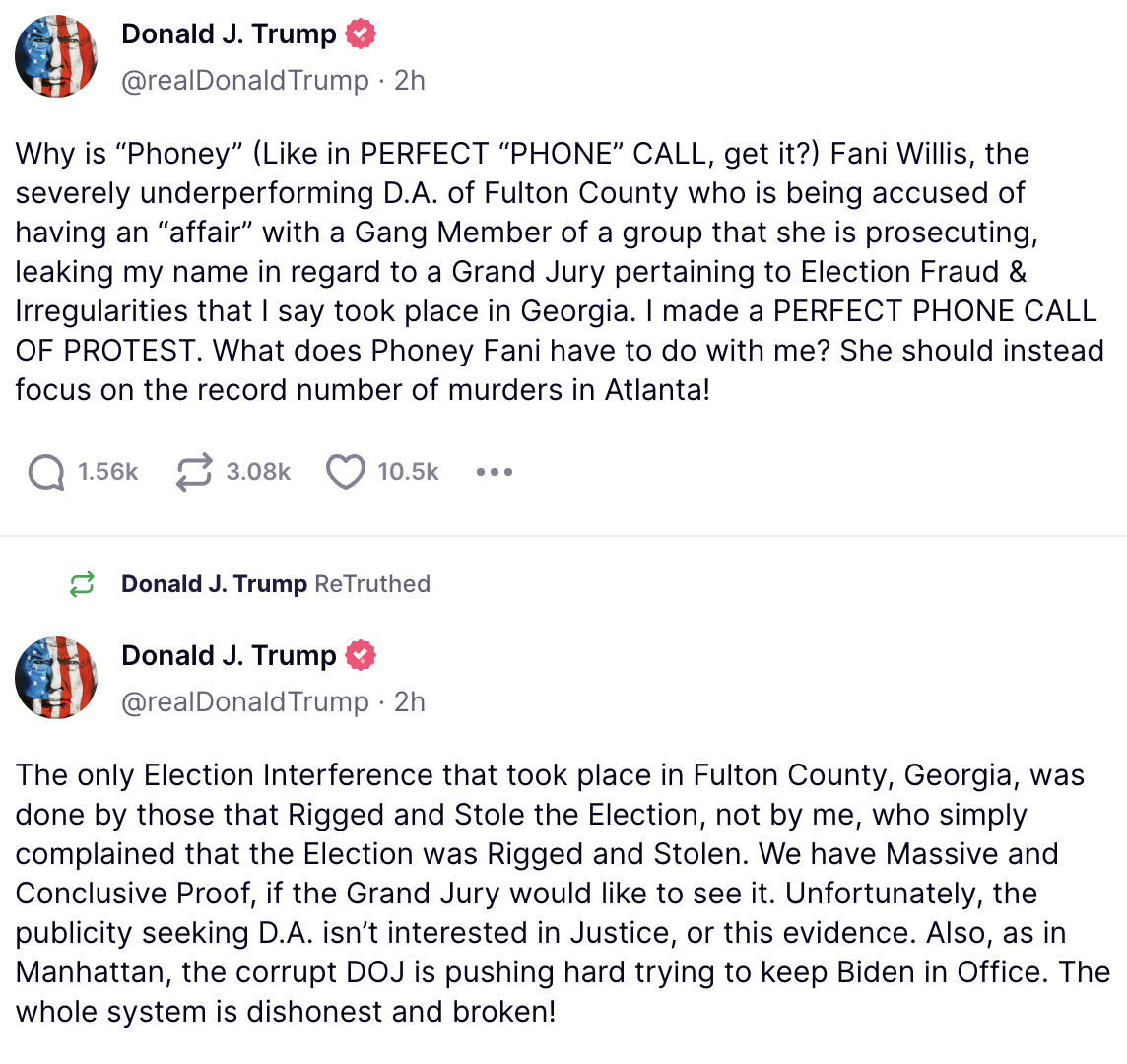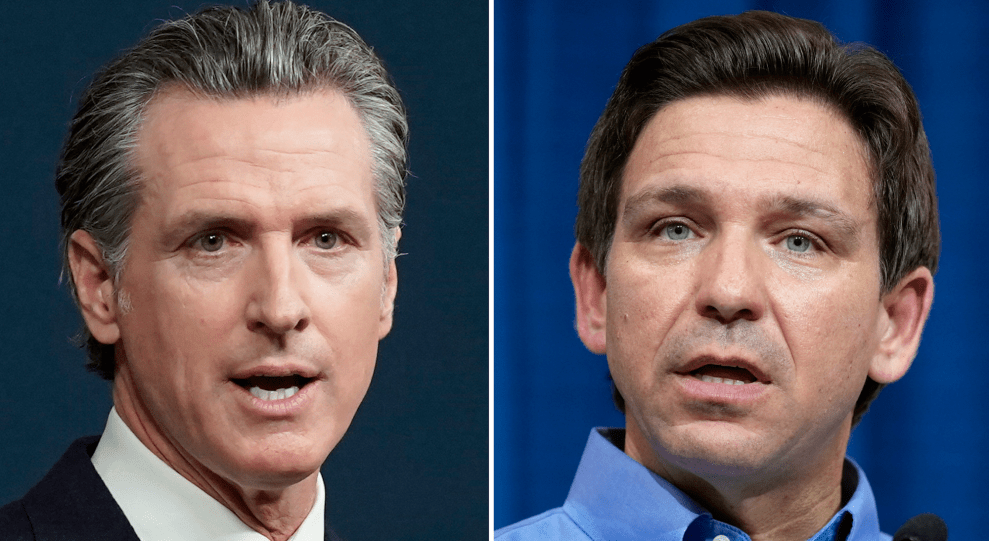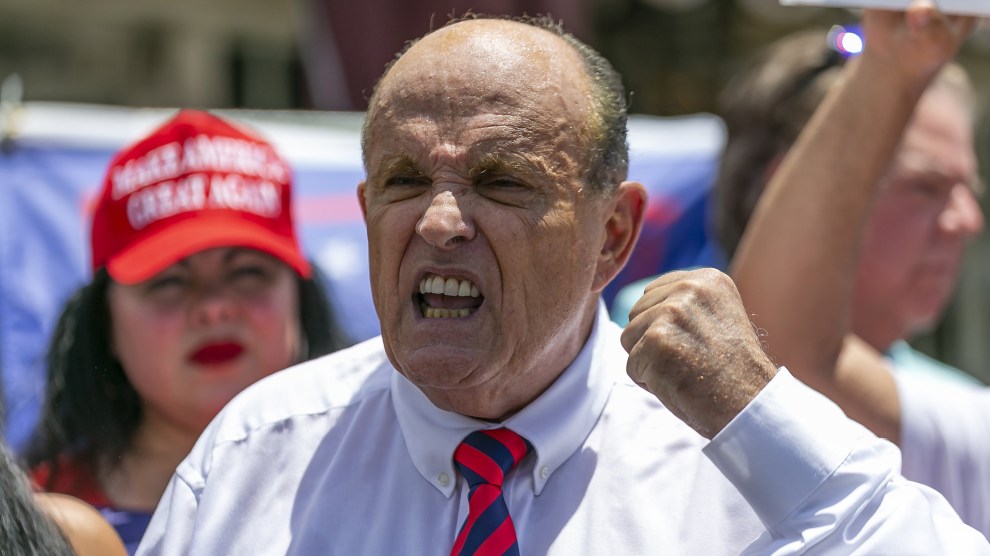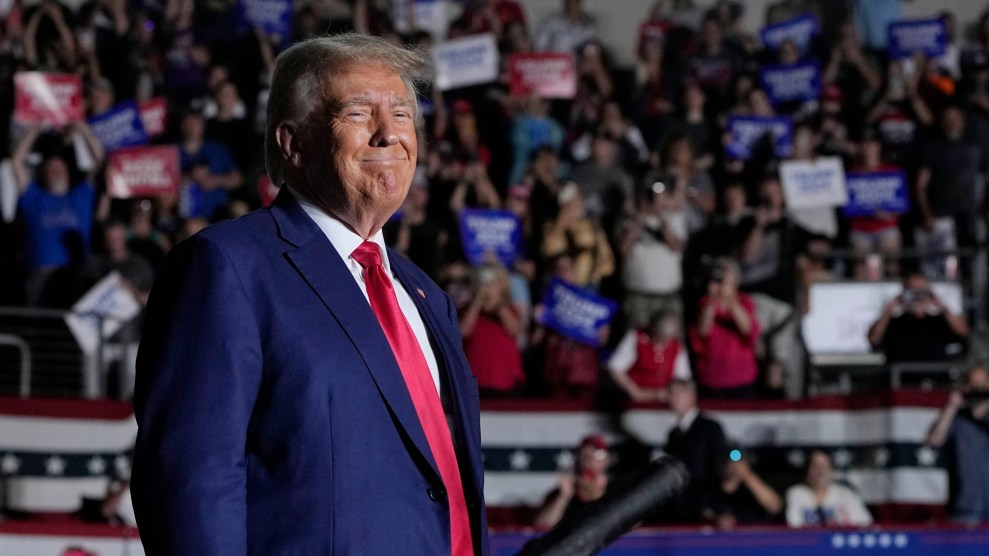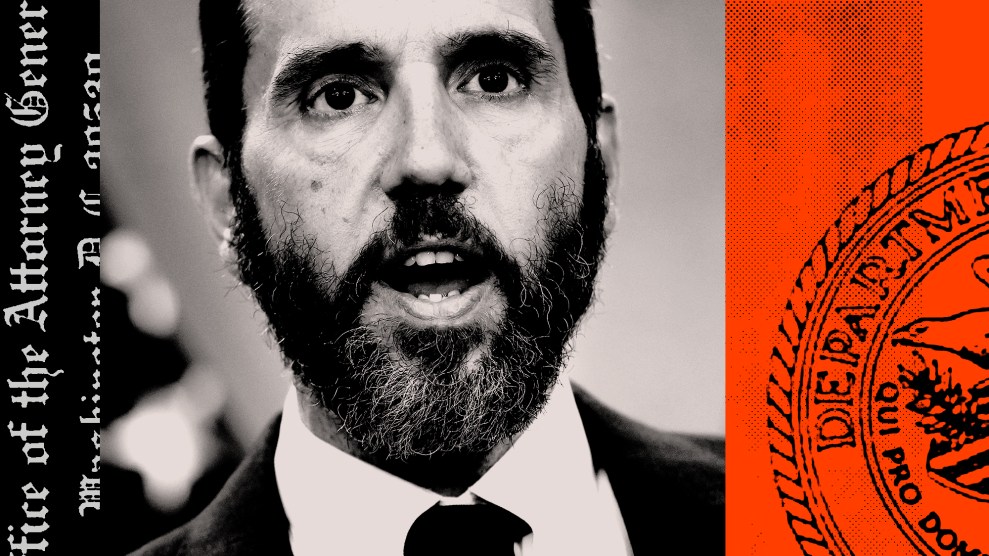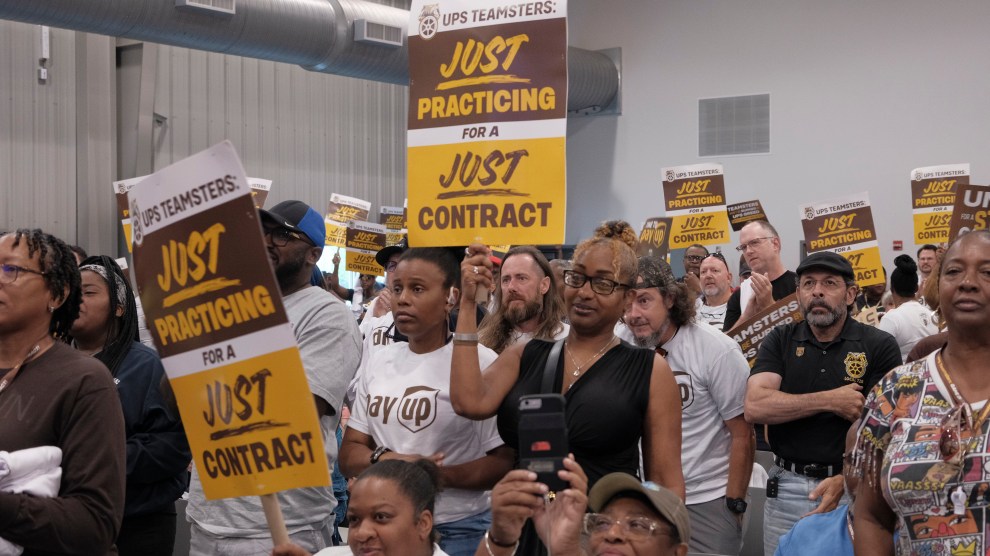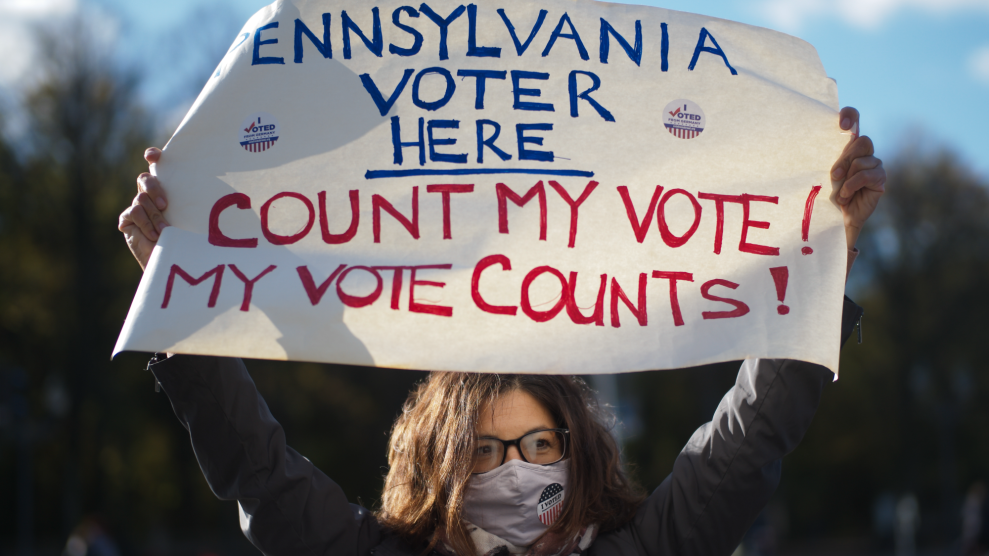
Markus Schreiber/AP
On Tuesday, Pennsylvania Gov. Josh Shapiro (D) announced that the state will join more than 20 others and adopt automatic voter registration. It is a small change that could have a big impact.
Now, those eligible will be automatically prompted to enroll to vote when they fill out their personal information for other government bodies, like the Department of Motor Vehicles. Before, voters were asked by DMV computers whether or not they wanted to register. The new program will instead immediately take them to a form to sign up.
Shapiro hopes the change will “break down barriers” for Pennsylvanians. “Now more than ever, we need an engaged citizenry to move our country and our Commonwealth forward,” the governor said in a video posted on X, formerly known as Twitter.
While most states have their own unique form of automatic voter registration, studies show that introducing automatic registration does lead to an overall growth in registered voters. A 2019 report from the Brennan Center for Justice found that eight states that adopted the method had an increase in the number of registrants, regardless of state size or political affiliation. Georgia had the highest jump with a 93.7 percent uptick in voters compared to three years prior after adopting automatic registration.
Beyond increasing voter participation, Shapiro hopes this can lead to more integrity in the state’s elections. Pennsylvania has been overrun with conspiracists who believe that former president Donald Trump won the 2020 presidential election. According to reporting from Spotlight PA, at least 18 people election deniers are slated to oversee local elections in November.
Shapiro stated that streamlining the registration process is a “key step” to securing elections and strengthening the country’s democracy, according to ABC. Still, many conservatives have railed against Pennsylvania’s decision.
“If you want to increase the likelihood of fraud, multiple or duplicate registrations, and participation of ineligible voters—such as non-citizens and illegal aliens, temporary residents, and convicted felons—look no further than the process of dumping government data onto the voter rolls,” said Ken Cuccinelli, the founder of DeSantis Super PAC, “Never Back Down,” to Roll Call. (We’ve written plenty about Cuccinelli in the past and his role in changing immigration rules during the Trump admin.)
“Residents of our Commonwealth already provide proof of identity, residency, age, and citizenship at the DMV—all the information required to register to vote—so it makes good sense to streamline that process with voter registration,” Shapiro said in a statement.

